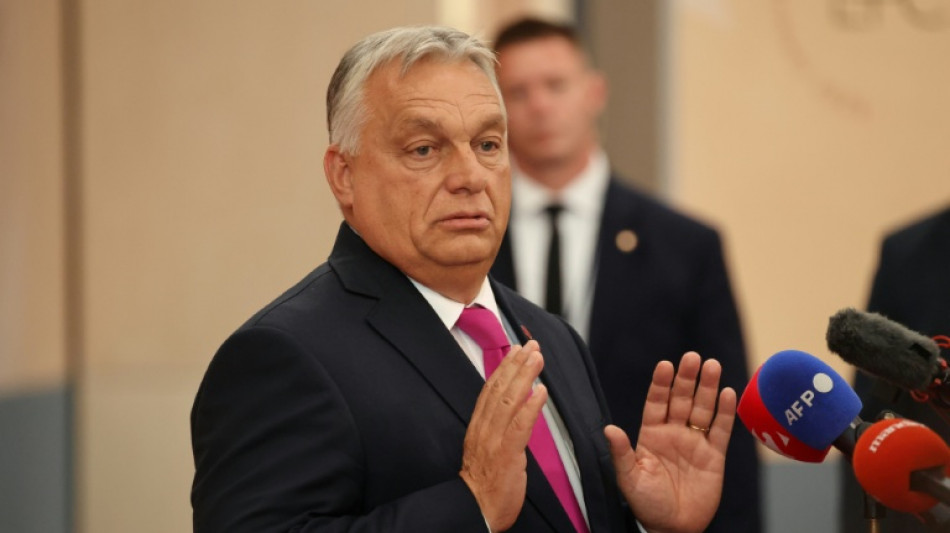
RBGPF
0.1000


The European Union said Thursday it would probe allegations that member state Hungary sought for years to spy on the bloc's decision-making.
An international media investigation published Thursday said that Budapest tried to pressure its citizens working at EU institutions in Brussels to conduct espionage.
The scheme, run by its intelligence service, appears to have been designed to mainly benefit Hungarian Prime Minister Viktor Orban, the report added. Orban often clashes with the European Union and fellow EU leaders.
A spokesman for the European Commission said it treated such allegations "very seriously, and we remain committed to protecting commission staff, commission information and networks from illicit intelligence gathering actions.
"We will be setting up an internal group to look into these," spokesman Balazs Ujvari added.
Hungarian investigative outlet Direkt36 collaborated with Belgian daily De Tijd, Germany-based investigative outlet Paper Trail Media, Austrian daily Der Standard and Germany's Der Spiegel for the investigation.
Hungary's foreign intelligence service developed a Brussels spy network between 2012 and 2018, wrote Direkt36, citing unnamed Hungarian EU officials and other sources familiar with the operation.
Hungarian citizens working for EU institutions were instructed to leak sensitive internal documents to its agents, the report added.
They were also asked to "rewrite" or "take out" certain parts of drafts to "ensure the texts reflected Orban government's worldview", it added.
The operation was aimed at "benefitting a power clique", a Hungarian EU official told Direkt36.
Hungarian spies attempting to recruit EU officials operated under diplomatic cover at the country's permanent representation to the bloc, said the investigation.
Between 2015 and 2019, the mission was headed by Oliver Varhelyi, who has since become a member of the European Commission, the EU's executive body.
The commission spokesman indicated the EU's executive was not aware of the allegations at the time Varhelyi was vetted to be a commissioner, saying: "I don't think we had this type of information at that moment."
The Hungarian government has not so far responded to AFP's request for comment.
Hungary's nationalist leader Orban has been at loggerheads with Brussels since his return to power in 2010 over what the EU says is his undermining of democratic institutions and divisive foreign policy stance.
Q.Yam--ThChM